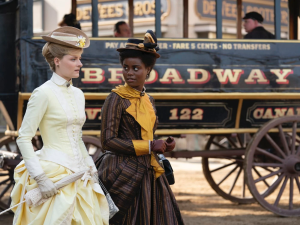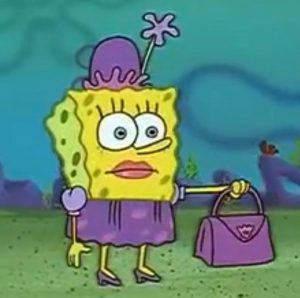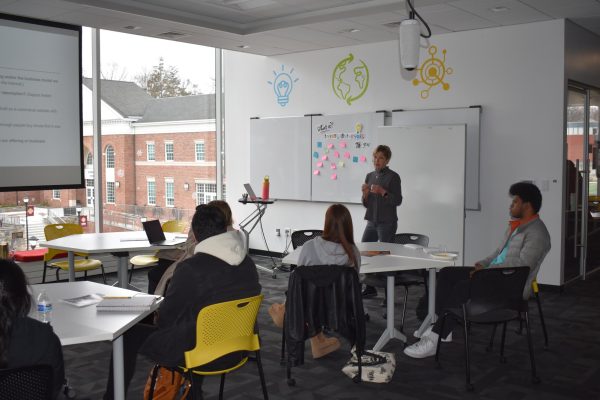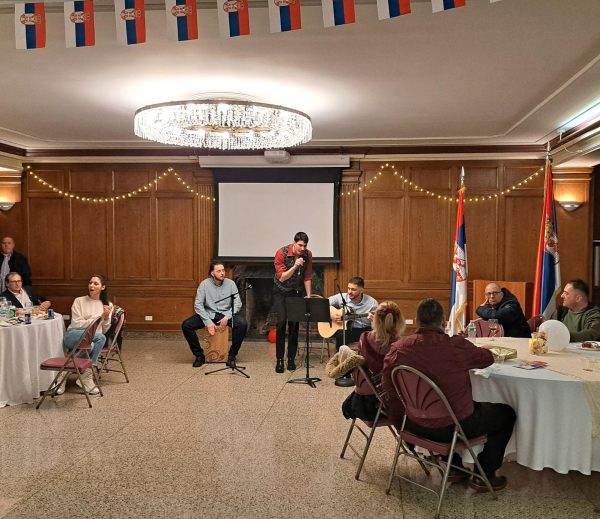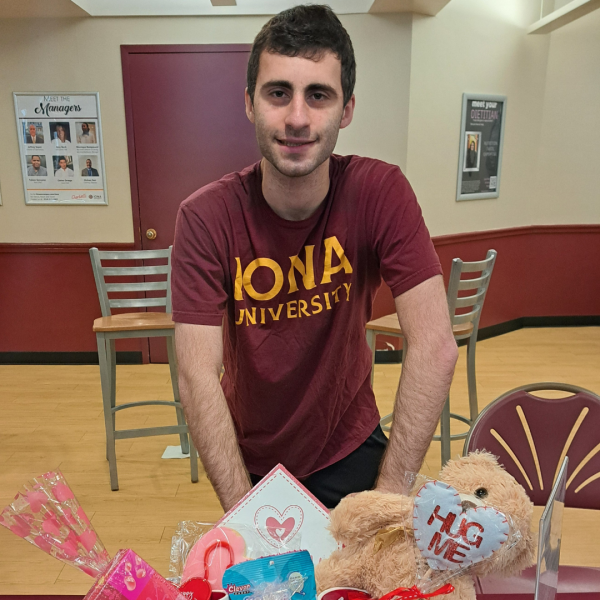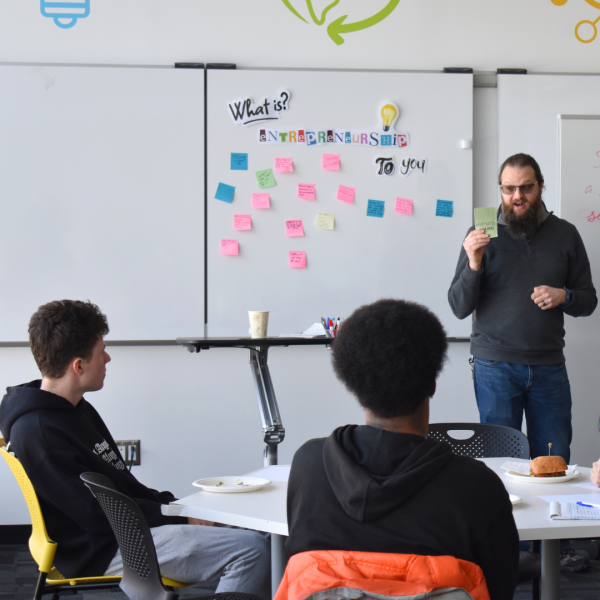Trash audit finds money-wasting issues
April 23, 2014
Although Iona has been embracing the “Move the World, and Keep it Green” slogan, some Gaels are apparently not following through. The school’s annual waste audit on April 1 showed that there is a lack of efficient recycling on campus.
The results of the waste audit showed that in the dining halls on campus, where both a recycling bin and trash can are next to one another, the trash and recycling were nearly 100 percent separated.
The samples taken from Loftus Hall, however, did not have the same results. The trash, weighing 13 pounds, contained 5 pounds of recycling. While the recycling, which weighed 15 pounds, was contaminated with trash leaving only 5 pounds of salvageable recycling.
“Iona pays approximately $80 for every ton of waste that goes out plus $250 every time a dumpster gets picked up,” said Grounds Manager Andy Albrecht. “There is no charge for the weight of recyclables, so the more we can recycle the better off the campus will be.”
Fredrica Rudell, chair of the Environmental Concerns Committee (ECC), credited Albrecht and his team in Facilities for improving the program over the years, but commented on the state of recycling on campus, calling it frustrating.
“I know we can do better,” Rudell said. “Every bottle, can, or piece of paper that ends up in the proper recycling bin translates into money that is not ‘wasted’ and can be put to better use.”
This problem with recycling is caused by a mix of infrastructure and lack of education.
Across campus there are trash bins or recycling bins that stand alone.
In these places, students are forced to throw trash into the recycling and throw recycling in the trash unless they choose to look for another receptacle.
There were two main areas of concern talked about at the waste audit.
The first was in the library where there are small recycling bins in the group study rooms, among others scattered across the library. With no trash bins in the
study rooms, the recycling gets contaminated.
The larger concern was for the lack of outdoor recycling bins on campus. When students or faculty are walking through campus with bottled water or other recyclables, there are no recycling bins that are easily accessible.
To correct these issues, Albrecht is working with other departments to get funding to purchase several dual-purpose exterior cans.
These cans are comprised of a recycling and trash receptacle side-by-side in one large unit.
One possible unit has panels that could be used for ad revenue or for informational purposes.
Another solution is to use blue plastic bags in recycling bins to further distinguish between trash and recycling.
The other problem the audit brought to light was the lack of education about efficient recycling within the Iona community.
Iona has been using single stream recycling for the past ten years, yet many recyclable products still end up in the trash.
“We need an educational campaign, clearly labeled recycling and trash bins and enough of them, ideally side by side,” Rudell said.
She has placed informational videos about recycling on the website for the ECC.
IC Green club members have been placing stickers from Waste Management on all recycling bins on campus that show what can and can’t be recycled.
“Through an awareness of the problem, students, faculty and staff should be made aware of the fact that the college actually spends more money for trash materials compared to recyclable items,” said senior Christine Samwaroo, the vice president of IC Green.
With improved infrastructure and a widened educational program about efficient recycling, those working for a greener Iona hope to create a more sustainable campus.
“We must practice what we preach if we want our students to learn and care about sustainability; we have to model it in and outside the classroom,” said Rudell.






